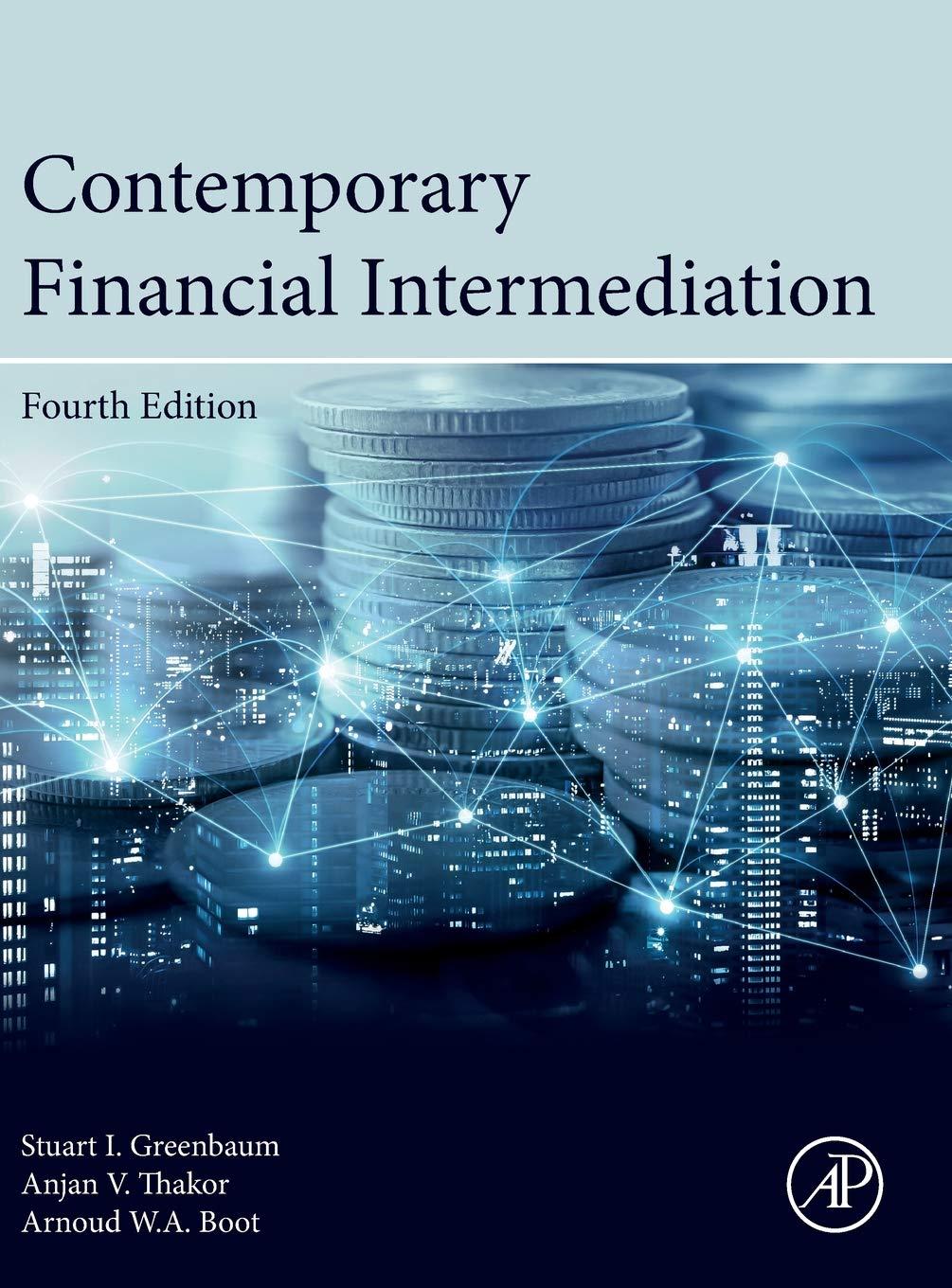Suppose we have a firm that needs $150 to invest in a project that will yield a
Question:
Suppose we have a firm that needs $150 to invest in a project that will yield a random payoff one period hence. The firm knows the probability distribution of the project’s cash flow, but no one else does. All that others know is that the project can be type C or type D. If it is type C, then it will yield a cash flow of $300 with probability 0.8 and zero with probability of 0.2. If it is type D,
the project will yield a cash flow of $600 with probability 0.5 and zero with probability 0.5. For simplicity, suppose that interest and principal payments on debt are tax deductible and that the firm can raise equity capital (it currently has negligible equity capital on its books) from those who know the firm’s cash flow distribution (e.g., these may be managers who own stock). The firm currently has owners, but the book value of their equity is, for all practical purposes, zero. However, debt must be acquired in the form of a loan from a bank, which cannot tell whether the borrower has a type C or a type D project. The corporate tax rate applicable to the borrower is 30%. As a banker, how should you deal with such a borrower, assuming that the borrower is locked into either project C or project D and cannot choose its project?
Step by Step Answer:

Contemporary Financial Intermediation
ISBN: 9780124052086
4th Edition
Authors: Stuart I. Greenbaum, Anjan V. Thakor, Arnoud Boot





